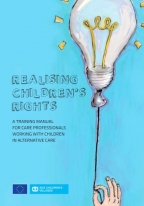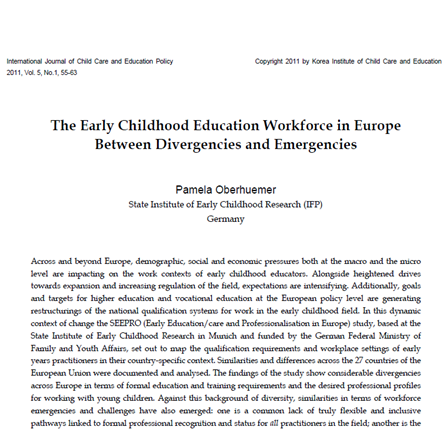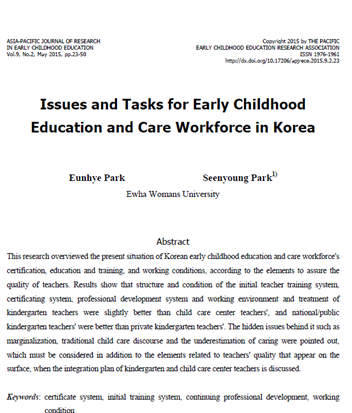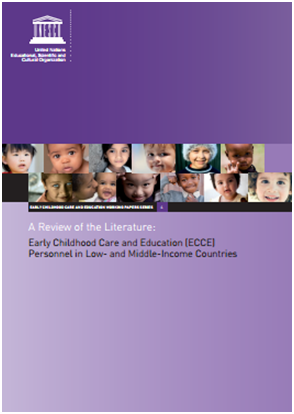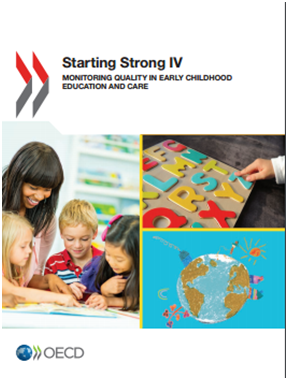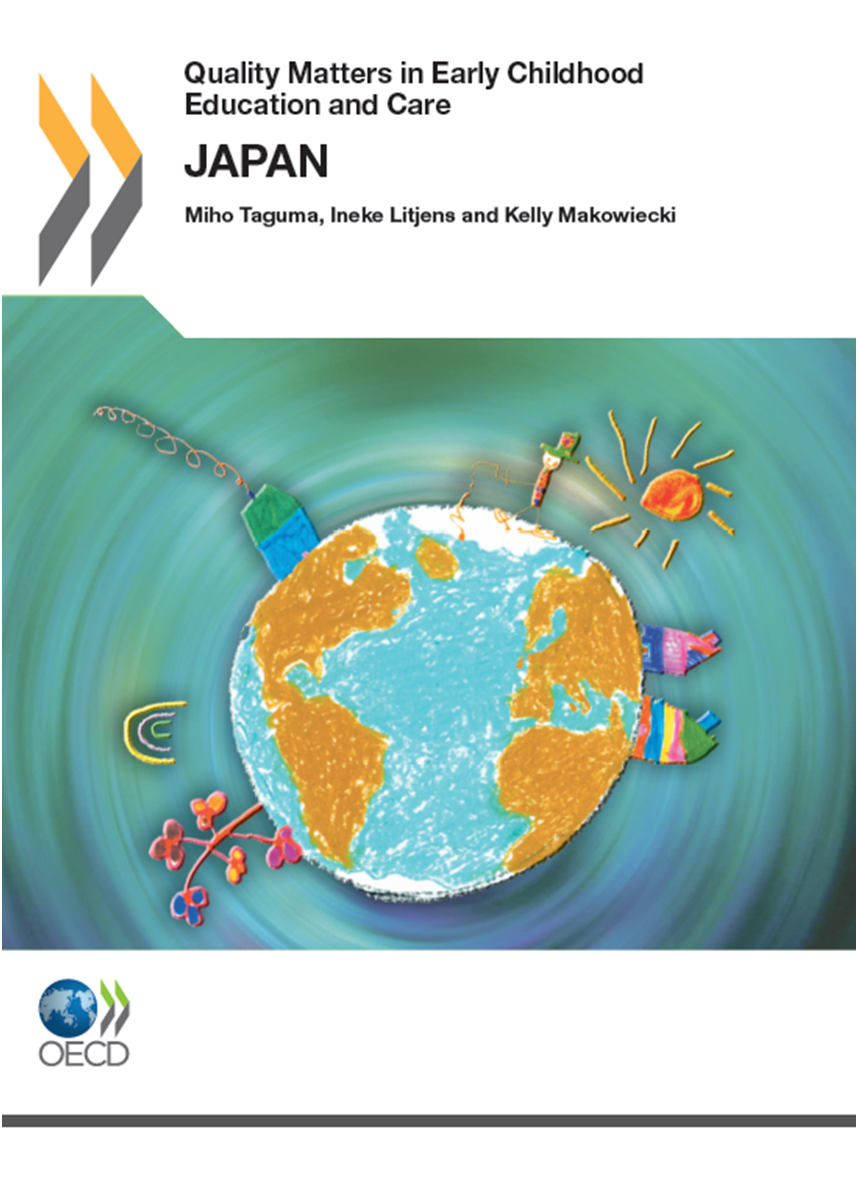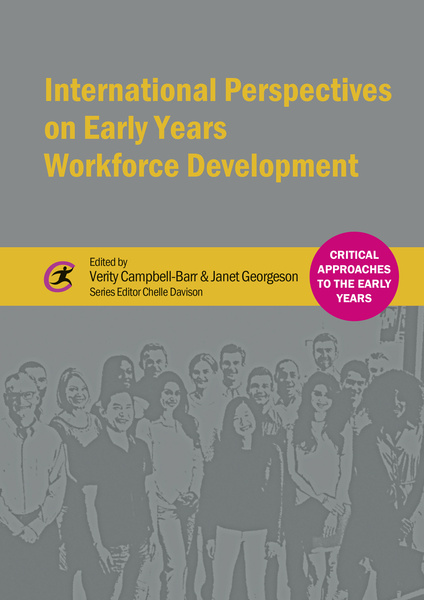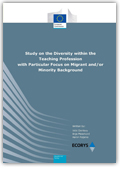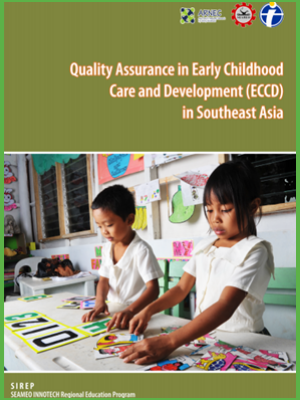Empowering and Enabling Teachers to Improve Equity and Outcomes for All

Despite increased funding and many reforms, most education systems are still seeking ways to better prepare their students for a world in which technological change and the digital revolution are changing the way we work, live and relate to one another. Education systems that have succeeded in improving student outcomes show that the way forward is by making teachers the top priority. The adaptability of education systems and their ability to evolve ultimately depends on enabling teachers to transform what and how students learn. This requires strong support and training for teachers, both before and after they enter the profession, with new forms of professional development to help teachers engage in more direct instruction and adapt it to the needs of their diverse classrooms. Education systems need to perform well in two dimensions: excellence and equity. Many high performers do well on both, demonstrating that they are not mutually exclusive. To do so requires specific measures to overcome factors that can hinder student performance, such as socio-economic background, immigrant status and gender.
Empowering and Enabling Teachers to Improve Equity and Outcomes for All

